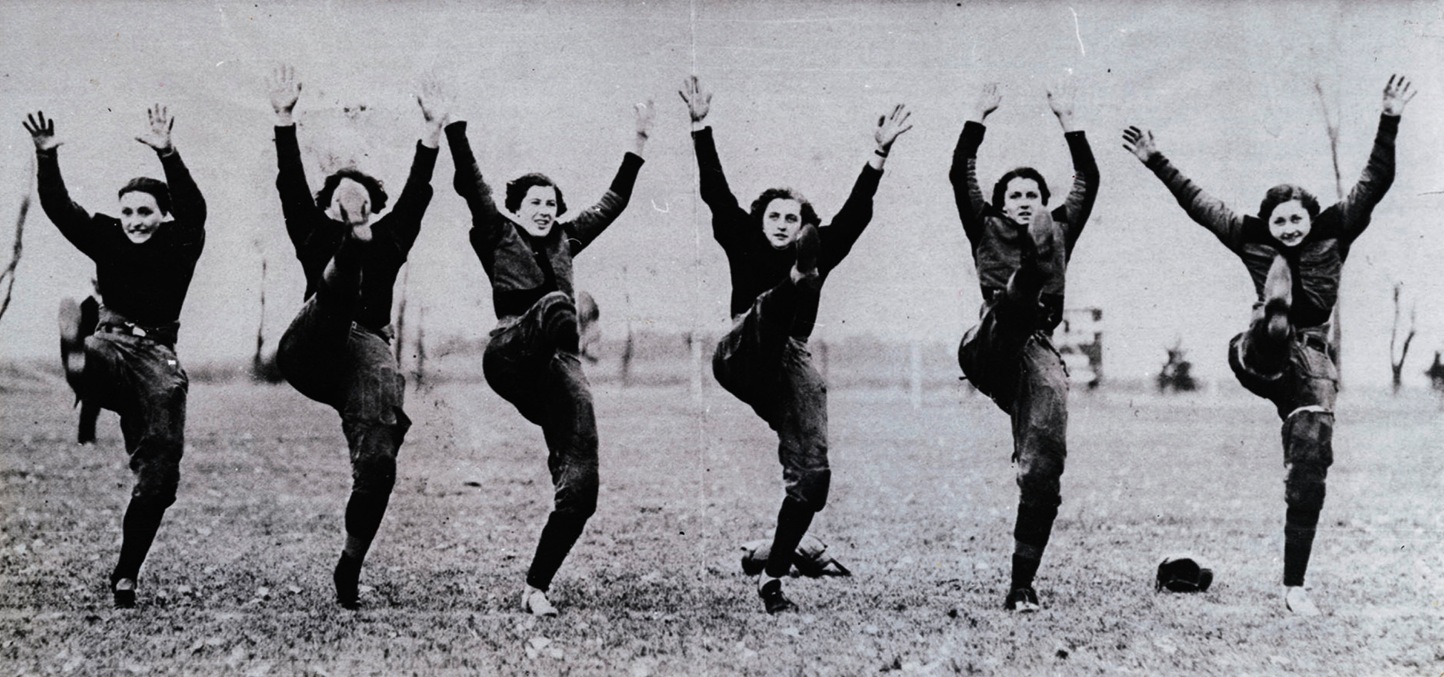Public celebration of women’s history began in our nation in 1978, originally known as “Women’s History Week.” The week that was originally selected included March 8, International Women’s Day. In 1981, Congress approved a resolution proclaiming a national Women’s History Week, which was then expanded to the celebration to an entire month in 1987, and March was officially declared Women’s History Month.
“The purpose [of the month] was to make women’s contributions to American society known and appreciated,” Professor of History Kate Wittenstein said. According to Wittenstein, it is important to celebrate women’s history because “women’s history is a very diverse history and even though historians started including it in the 1970s, it is still not fully integrated into how we understand American history as a whole.”
The organization that facilitates Women’s History Month is The National Women’s History Project. They send lesson plans and other educational materials to elementary through high school teachers to help students appreciate women’s history.

Wittenstein said that while she thinks Women’s History Month is important, she’s not sure what it is doing for women in this country besides raising awareness. “I think it’s important to have it and have education at the lower grades, but I’m not sure whether it has translated into improving women’s economic position and what its effects are on the day-to-day lives of the women who are struggling financially. [That’s] an open question,” she said.
She discussed President Obama’s recent report on the state of women in our nation today and explained that not much has changed for women in the last 50 years. According to the report, “women continue to earn 75 cents for every dollar men earn,” Wittenstein said. This is troubling to her in light of the fact that the report also showed that in 2010, “60 percent of college graduates were women.”
“[This signals that] there is something systemic in women’s low pay and their higher rate for poverty,” she said. What’s more, this is only the second time that a report on women in the U.S. has been issued. “Last time was 1961 under President Kennedy, and the committee was chaired by Eleanor Roosevelt,” she said.
What the report revealed to Wittenstein was that there are still “significant continuities” between 50 years ago and today. It signals a “slow pace of change and the idea that women are still an afterthought,” she said.
Among women’s contributions to our nation, Wittenstein highlighted their role as peacemakers.
“Women have always worked very hard for international peace,” she said. She gave an example of this by explaining the work of women around the time of WWI. In 1915, Jane Adams, along with other women, established the International Women’s League for Peace and Freedom. “American women initiated meetings, forums and so on with representatives of the warring nations.” Even though women have been criticized for many of their efforts, “women have shown the ability to work under difficult circumstances across national class, racial and ethnic boundaries,” she said.
A great way for Gustavus students to celebrate Women’s History Month is to do some research no matter what they are studying. “Spend some time looking into the women who made contributions to your field,” she said. She also had some reading ideas for students interested in women’s history. She recommends In Pursuit of Equity by Alice Kessler Harris and No Constitutional Right to Be Ladies by Linda Kerber, which addresses the historical issues surrounding women’s citizenship in the United States.
While it is important to shed light on women’s contributions to our nation, Wittenstein reminds us that “women’s history, like African American history, is American history.” So, take some time this month and celebrate the co-creators of this nation. Their history is our history.

I’m glad that there are organizations like this that commemorates Women’s History Month. Good Job!